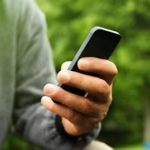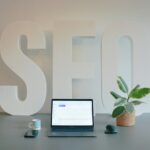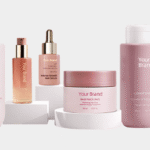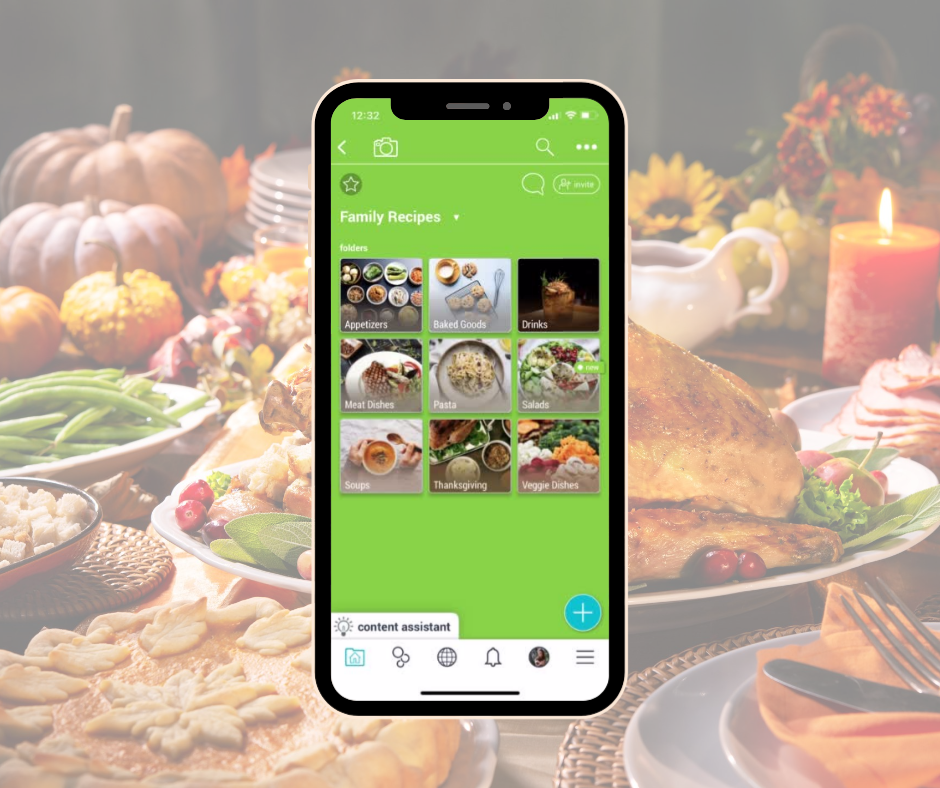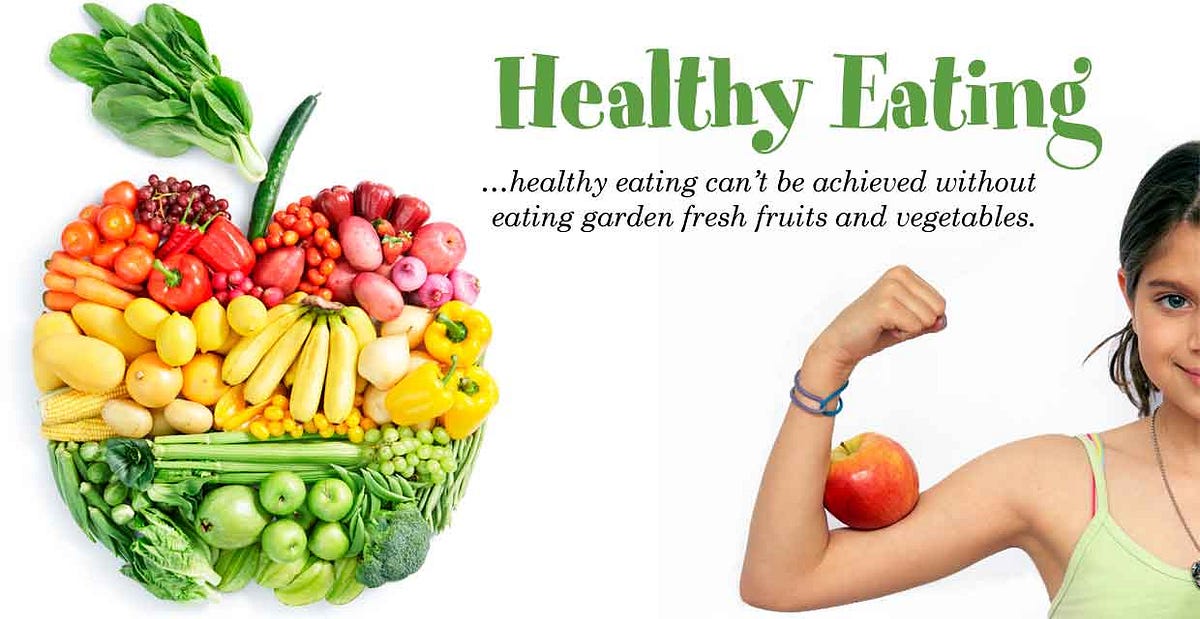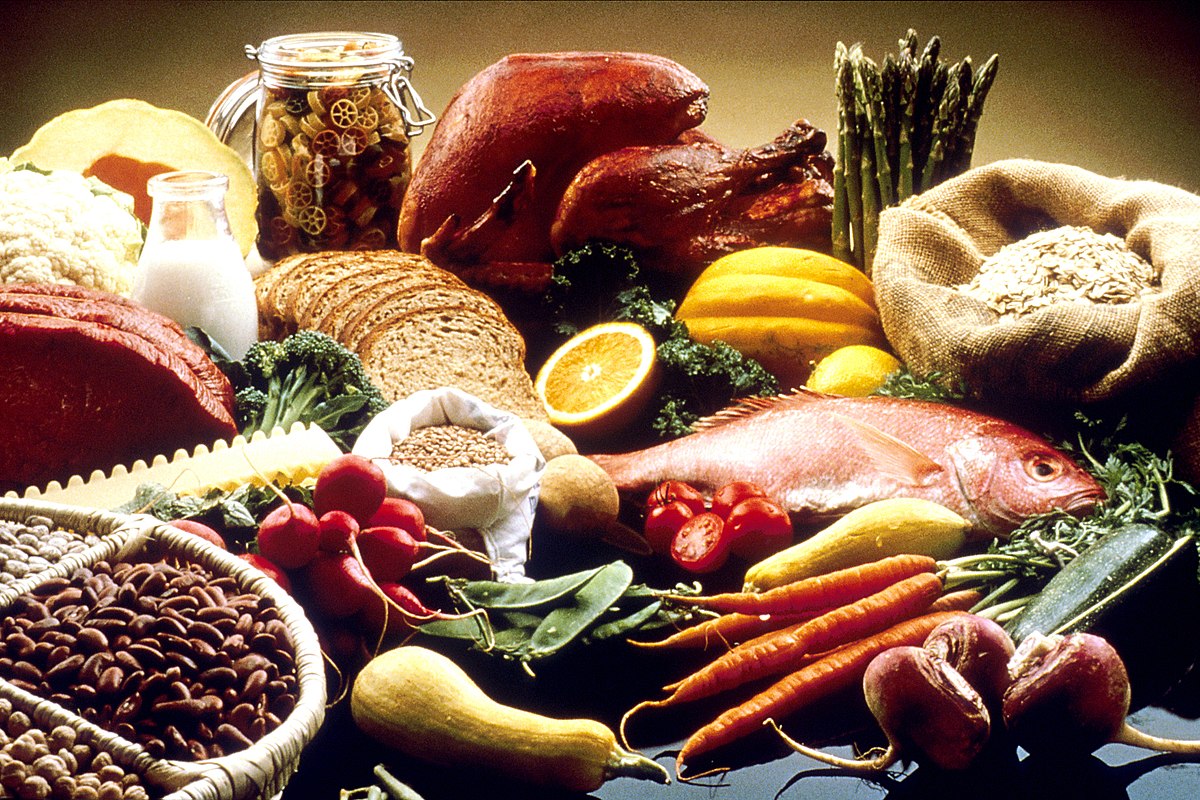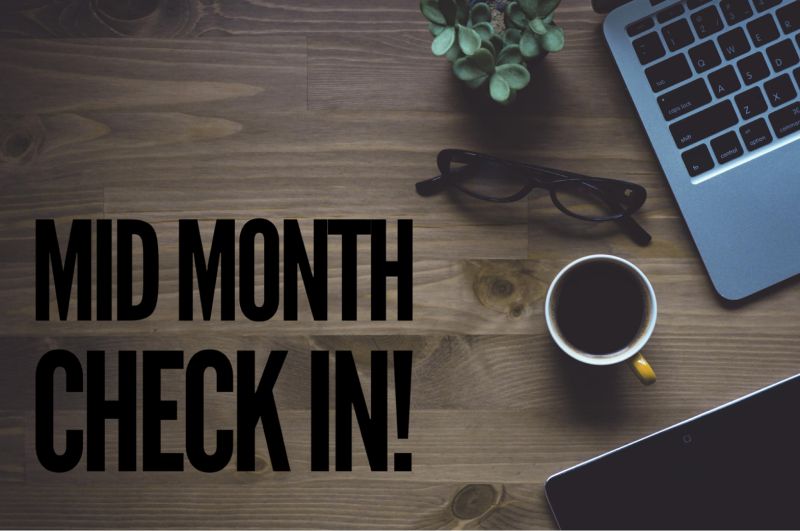Now that the month is coming to a close, I’m sharing my extensive list of apps and books that were central to my food education.
Apps
- Find Real Food ($4.99 for a 1 year subscription): The Weston A Price Foundation’s guide to finding the highest quality, nutrient dense, real food. Browse for something specific (grass fed, organic, raw, wild caught), rate and review products, and suggest new ones. An awesome, beautifully designed app for people looking for the best options.
- Bulletproof Food Sense (free): This app measures your heart rate at specific times of the day to establish a baseline, and then before and after meals in an effort to identify which foods your body reacts negatively to.
- Food trackers: I have benefited immensely from writing down everything I eat or drink as well as how I feel. While I am a gadget junkie, my preferred method of choice is my trusty notebook.
- MyFitnessPal (free): This is a food journal and calorie counter with a massive database of over 300k foods. I’m not much of a calorie counter, but my husband is obsessed with this app.
MySymptoms ($2.99): Record what you eat and drink along with any symptoms you experience. The app then analyzes your data to try to identify any possible links between what you eat and drink and the symptoms you experience. Easy to use, record the foods that you eat most frequently and my preferred food journal app.
- TwoGrand (free): A photo food journal. Here you can just snap a quick pick of your food to create a ‘visual history’ of your food and drink intake.
- MyFitnessPal (free): This is a food journal and calorie counter with a massive database of over 300k foods. I’m not much of a calorie counter, but my husband is obsessed with this app.
Books
This month I had quite the eclectic mix of food books. Some have spent weeks on the bestseller list. Others are must-reads in the nutrition world. And there are a few that I just thought would make for interesting additions. Vegetarianism, Raw, Paleo, Wheat, history, science and common sense – i’m cramming it all in.
- Good Calories, Bad Calories, Gary Taubes: I had a tough time getting through this book – the science and the history were tough to keep up with. I skimmed a lot of it and I do not recommend it as a starting point for the newbie.
- Why We Get Fat, Gary Taubes: An thorough, yet easy to digest book on why we get fat and keep getting fatter (the short answer: carbohydrates). Highly recommended.
- In Defense of Food, Michael Pollan: Probably my favorite book of the bunch, Pollan’s book discusses the history of food culture, science and the nutrition industry and touches on how foods affects our bodies. He also outlines a very sensible ‘algorithm’ for how we should approach food – eat real food (not the processed stuff), not too much, mostly plants. A very readable, highly recommended book.
- The Omnivore’s Dilemna, Michael Pollan: This gave me an extremely insightful look into where our food comes from and why we should care. The in depth study of the corn industry and how it affects almost every corner of our food supply was fascinating. It changed the way I buy my food, especially animal products. A must read for anyone interested in where the food we actually put in our bodies comes from.
- Wheat Belly, William A. Davis: This book goes into great detail about why wheat is a “head to toe destruction of health”, more so than any other food. There’s a lot of science here on how wheat affects the body, the skin and the mind. The author points out how totally different (and by different I mean in a bad way) today’s wheat is from the wheat of even 50 years ago, but I’m left not knowing how or why traditional wheat is bad and to what extent.
- It Starts With Food, Melissa & Dallas Hartwig: A bestseller with over a thousand 5 star reviews on Amazon, the creators of the Whole30 program outline their tough love approach for weight loss and optimal health and nutrition. There’s a surprising amount of science here but it boils down to elimination diet principles that are similar to that of the Virgin Diet… only their food restrictions are slightly stricter. Incidentally, this is the elimination diet I chose.
- The Virgin Diet: Drop 7 Foods, Lose 7 Pounds, Just 7 Days, JJ Virgin: Another elimination diet book based on the work JJ Virgin has done with her patients over the years. She recommends cutting seven foods (gluten, dairy, peanuts, soy, eggs and sugar/artificial sweeteners) for 21 days. Rice, quinoa and beans are OK in her book.
- The China Study, T. Colin Campbell & Thomas M. Campbell: I was a bit biased going into this read, especially after all that I had read debunking the data that was used to come to the authors’ conclusions.
- Death By Food Pyramid, Denise Minger: Minger offers the best history of the food studies, dietary recommendation and the food pyramid of the bunch and she also shares her tips on how to dissect scientific studies and other health and medical claims.
- French Women Don’t Get Fat, Mirielle Guiliano: There’s no science here. Just fun, simple, common sense guidelines on how to think about food so that you can eat and live well without dieting. The French have a totally different approach to food – where they enjoy three course meals with wine, but slowly and in smaller portions. The bottom line – eat real food, enjoy the process and move often.
- Deep Nutrition: Why Your Genes Need Traditional Food, Cate Shanahan MD. Another interesting read on the idea of epigenetics. She talks about how our genes are impacted by what our mothers and grandmothers ate – a must read for women planning on becoming pregnant.
- Raw Food Detox: The Five-Step Plan for Vibrant Health and Maximum Weight Loss, Natalia Rose. The title is slightly intimidating. The book is intended for weight loss by incorporating mostly real, raw foods (including whole grains) and some cooked foods too which are easier to break down, digest and eliminate from the body. I love the section about food combining, which I had never heard of before, and there are some awesome recipes here, including the green lemonade which I make a variation of each morning.



